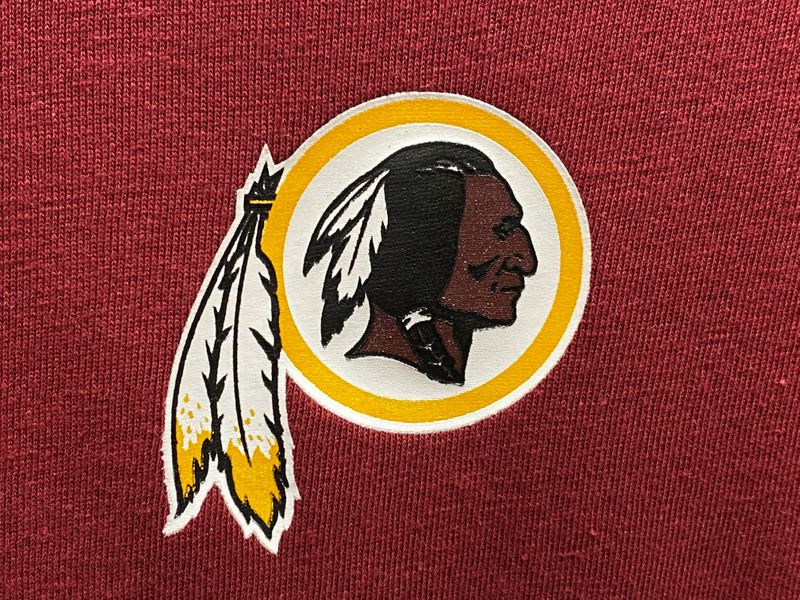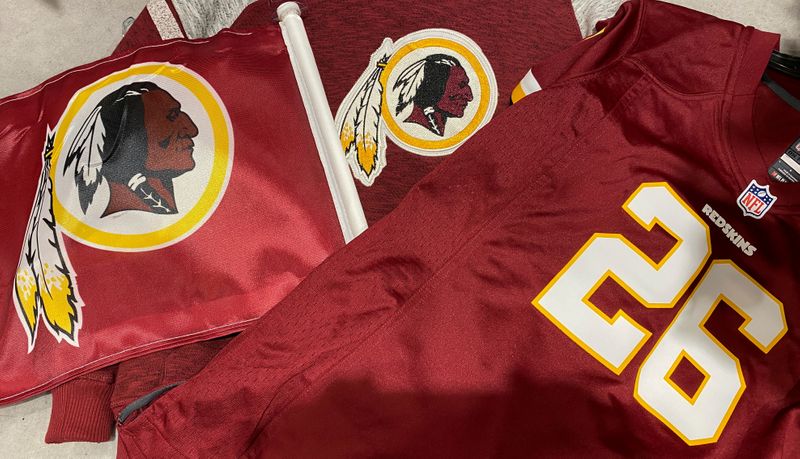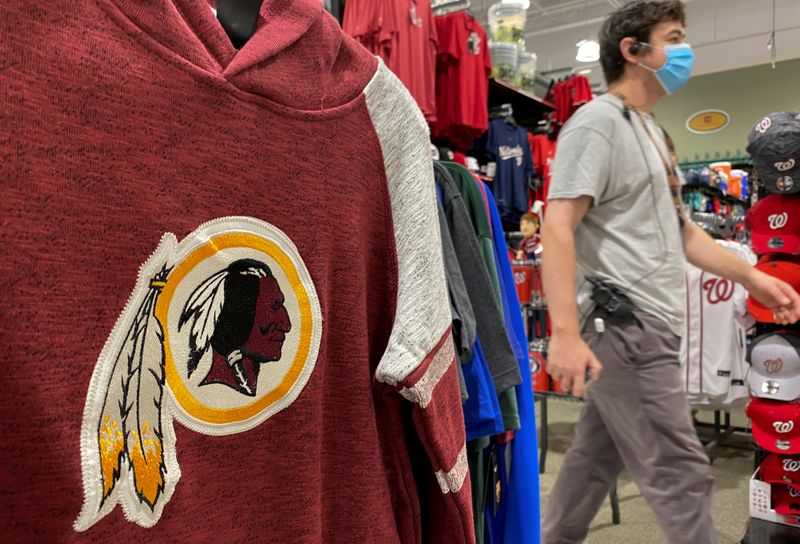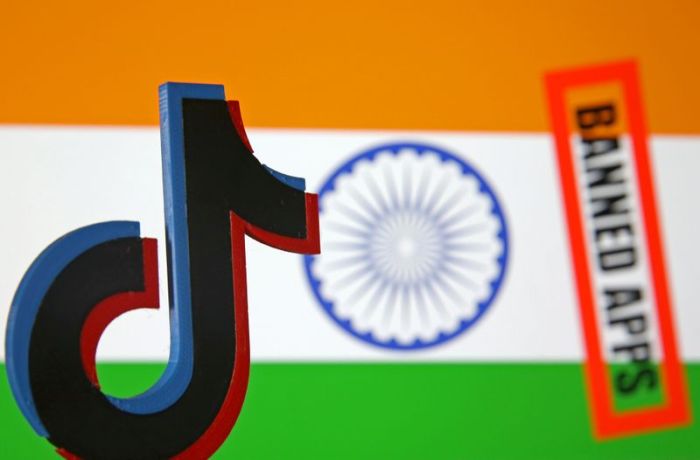(Reuters) – Under mounting pressure from sponsors and Native American rights groups, Washington Redskins owner Dan Snyder said on Friday he would consider changing the name of the National Football League team whose roots date back to the 1930s.
Snyder, who has previously stated he would not change the name, softened his stance a day after FedEx Corp, which owns the naming rights to the team’s Landover, Maryland, stadium, called for the NFL club to be rebranded.
The NFL team said in a statement that in light of recent events around the country and feedback from the community that it will undergo a thorough review of the name.
“This process allows the team to take into account not only the proud tradition and history of the franchise but also input from our alumni, the organization, sponsors, the National Football League and the local community it is proud to represent on and off the field,” Snyder said in a statement.
Major League Baseball’s Cleveland Indians followed the Redskins’ lead on Friday, saying the club would also consider changing a team nickname that has been in place for 105 years, as symbols, statues and awards connected to the United States’ racist past have been under attack in recent weeks.
On June 26 a group of more than 80 socially minded investment firms, collectively with more than $620 billion in assets under management, had urged FedEx, Nike Inc and PepsiCo Inc to terminate relationships with the team unless it changed its name.
PepsiCo followed FedEx’s lead in speaking up on Friday. It issued a statement that it welcomed Snyder’s call for a review of the team’s name.
“We have been in conversations with the NFL and Washington management for a few weeks about this issue. We believe it is time for a change,” a PepsiCo representative said on Friday. “We are pleased to see the steps the team announced today, and we look forward to continued partnership.”
Nike also welcomed the move, saying in a statement, “We are pleased to see the team taking a first step towards change.”
The investors group, which includes Trillium Asset Management, Boston Trust Walden, and Native American organizations, in a statement on Friday applauded Snyder along with companies including FedEx and PepsiCo for communicating publicly about the importance of a name change but said the clock is ticking on getting something done.
“We also believe there must be a clear timeline for the review,” said the statement, sent by a Trillium representative. “Delay is not acceptable and the team must move forward with urgency.”
Critics have ramped up pressure on the team to change its name, which is widely seen as a racial slur against Native Americans, after the death of George Floyd, a Black man who died in police custody in Minneapolis. Floyd’s death on May 25 has triggered worldwide protests against racism and police brutality.
NFL Commissioner Roger Goodell said in a statement on the league’s website that he was supportive of Snyder’s move to look at a possible name change.
“In the last few weeks we have had ongoing discussions with Dan and we are supportive of this important step,” Goodell said.
Last month a memorial to late Washington Redskins’ founding owner, George Preston Marshall, who fought against the racial integration of the NFL, was removed from RFK Stadium, the team’s former home.
Major League Baseball’s Minnesota Twins also removed a statue of their late former owner, Calvin Griffith, from outside Target Field in Minneapolis because of racist comments he made decades ago.
NASCAR banned the Confederate flag, which many Americans see as a symbol of oppression and slavery, from all race tracks and events while the Professional Golfers’ Association of America on Thursday renamed the Horton Smith award which was named for a former PGA president who supported a “Caucasian-only” membership clause.
The team that became the Washington Redskins was founded in 1932 as the Boston Braves. They changed their name to the Redskins the following year and moved to Washington, D.C., in 1937.
(Reporting by Steve Keating in Toronto and Ross Kerber in Boston; Editing by Matthew Lewis)



























